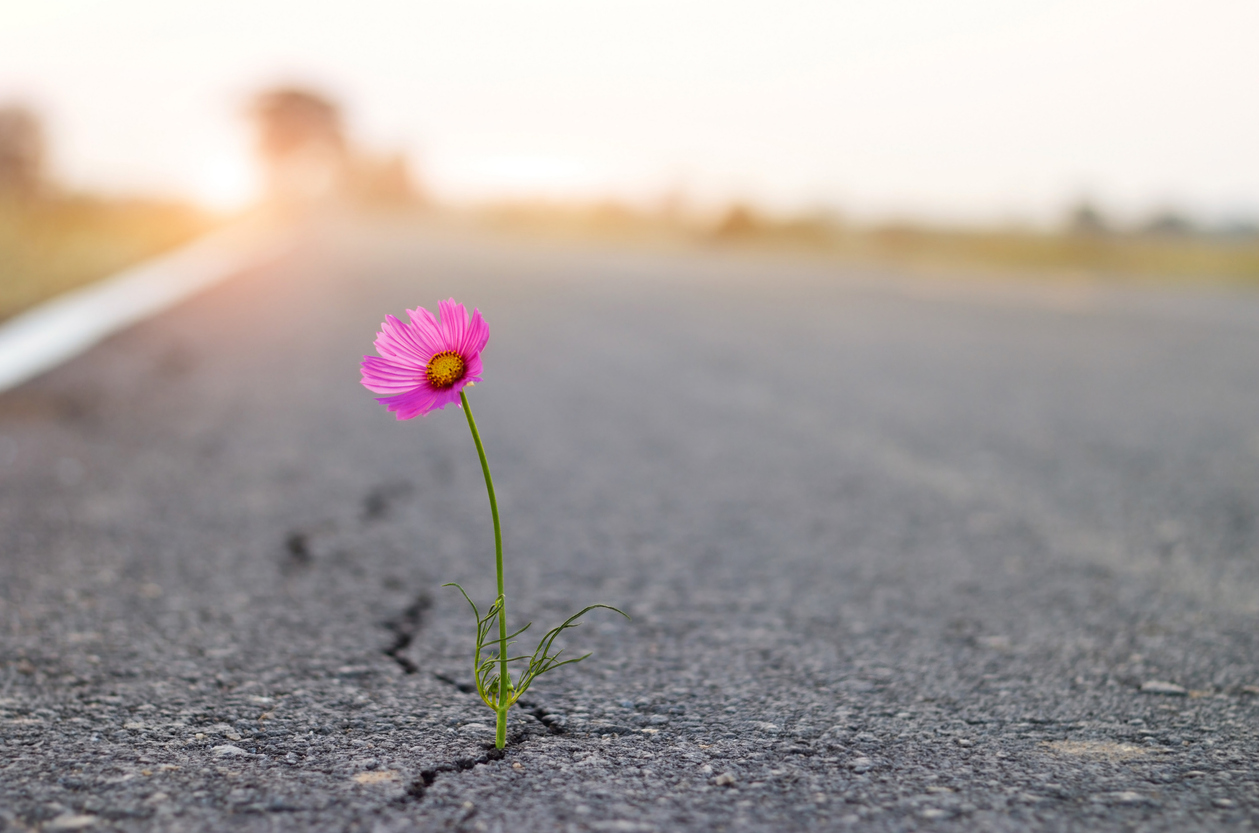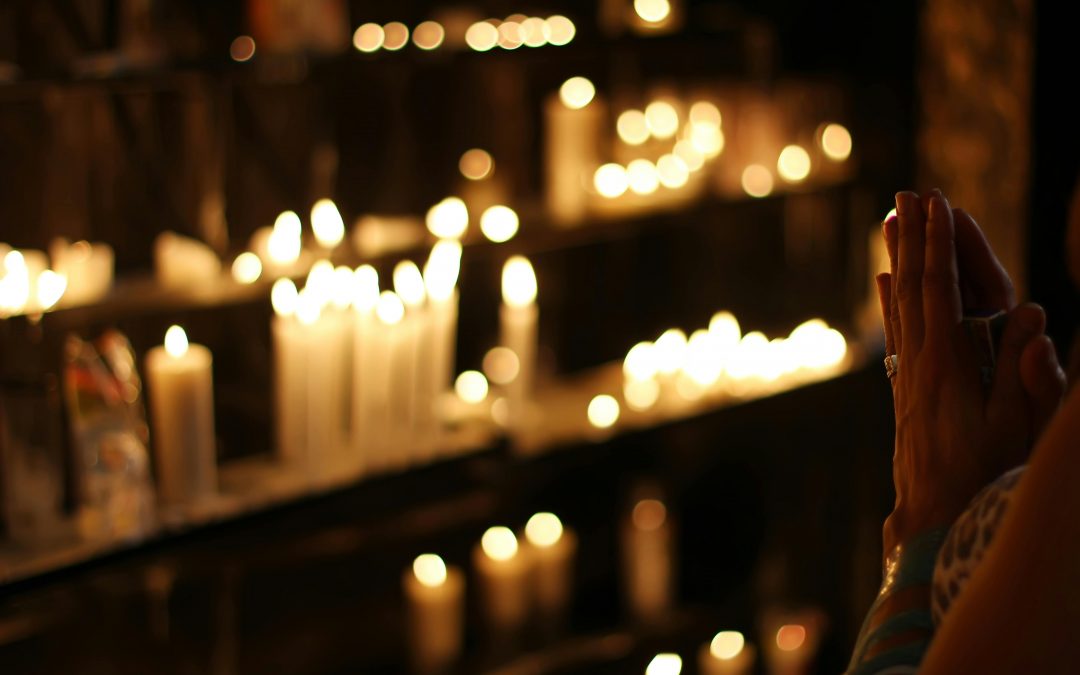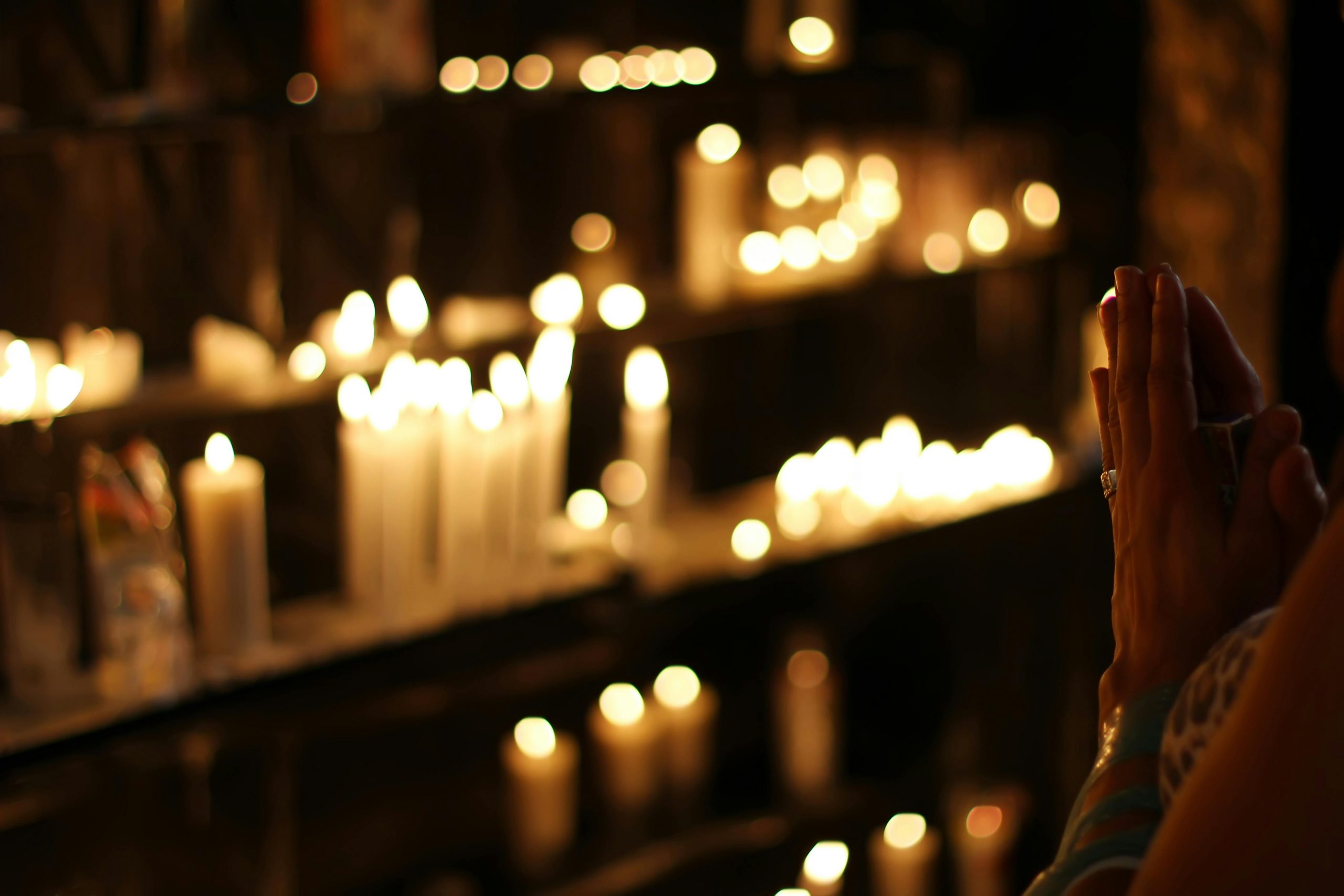
Mature Hope and Chosen Love: Building Inner Resilience When Outcomes Are Uncertain
Mature Hope and Chosen Love: Building Inner Resilience When Outcomes Are Uncertain
Hope is often misunderstood as optimism -an expectation that things will turn out well. But outcome-based hope is fragile. When circumstances don’t cooperate, it collapses.
There is another form of hope one that does not depend on guarantees.
This is mature hope.

When Hope Becomes Fragile
For many people, hope has been tethered to timelines, promises, or outcomes that did not arrive. Over time, disappointment accumulates. Hope becomes cautious or disappears entirely.
But the issue is not hope itself.
It is where hope has been placed.
Hope that depends on life unfolding a certain way will always be vulnerable. Hope that lives in your capacity to meet life honestly is far more durable.
Hope as Inner Orientation, Not Prediction
Mature hope is not a belief that everything will be fine. It is a trust in your ability to remain present, honest, and responsive -regardless of what unfolds.
This kind of hope does not collapse in uncertainty.
It matures through it.
It sheds fantasy.
It releases control.
It becomes grounded in resilience rather than reassurance.
Love as a Practice, Not an Illusion
From this place of grounded hope, a different expression of love becomes possible.
Love not as intensity.
Not as projection.
Not as idealization.
But love as a chosen orientation toward reality.
This love is warm without being dramatic.
Clear without being harsh.
Open without being naive.
It does not require people to be different.
It does not demand closeness where there is none.
Sometimes clearer love creates more space, not less. And that space is not a failure, it is information.
Holding Center Without Shutting Down
A common fear is that emotional clarity will lead to emotional flatness. But holding center is not detachment. It is contact.
You are still moved.
You still care.
You still feel.
But you are no longer governed by reactivity or illusion.
When you stop performing love and start practicing it, relationships shift. Some deepen. Some clarify their limits. Both outcomes are honest.
The Quiet Devotion of Presence
To stay present with what is without collapsing or controlling is a form of devotion.
It is devotion to truth.
To integrity.
To life as it actually unfolds.
From this devotion, hope strengthens.
Gratitude deepens.
Love becomes trustworthy.
And this is how we move through intense seasons -not by managing ourselves into submission, but by meeting life with honesty, reverence, and choice.









